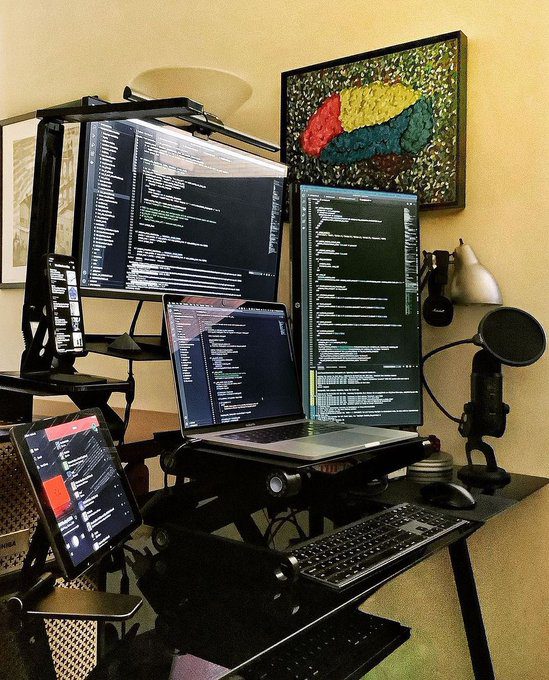The Evolution of Website Building
The landscape of website design and development has undergone a significant transformation over the years. From the days when building a website required extensive knowledge of HTML, CSS, and JavaScript, to the advent of content management systems like WordPress, the process has become more accessible. However, the latest advancements in technology have taken this accessibility to a whole new level.
Introducing Notion Sites
One of the most exciting developments in this space is the launch of Notion Sites. Notion Sites is a platform that allows users to publish Notion pages as fully functional websites. This platform offers features such as custom domains, navigation bars, SEO tools, and analytics integration. According to Matt Piccolella, Notion’s product lead, “One of the best features of Notion has always been that with a single click, you can turn a Notion page into a publicly facing website.” This means that users can now build an entire website in just 90 seconds.
The Power of No-Code/Low-Code Platforms
The trend towards no-code and low-code platforms is gaining momentum. These platforms enable users to create websites and applications without writing a single line of code. Notion Sites is a prime example of this trend, offering effortless publishing of existing Notion pages. This aligns with the increasing demand for easy-to-use website builders and productivity tools. The platform’s integration with Google Analytics further enhances its appeal, providing users with valuable insights into their website’s performance.
Competition and Market Trends
Notion Sites is entering a competitive market, with established players like WordPress, Webflow, and Squarespace. However, its unique selling proposition of effortless publishing and the familiar Notion interface gives it an edge among existing Notion users. The market for simple website builders is ripe for disruption, and Notion Sites has the potential to capture a significant share of this market.
The Role of AI
The integration of AI and machine learning in website building is another trend that is shaping the industry. Platforms like Locofy are leveraging AI to automate front-end development, converting designs from tools like Figma and AdobeXD into code. This not only speeds up the development process but also reduces the need for extensive coding knowledge. Locofy claims that its tool can automate up to 80% of front-end development, significantly reducing development time and costs.
The Future of Design
As technology continues to evolve, the future of website design looks promising. The rise of no-code and low-code platforms, coupled with the integration of AI, is making website building more accessible than ever before. Platforms like Notion Sites, Smashing, and Retool are leading the way, offering innovative solutions that cater to the needs of modern users.
Related Articles
- ChatGPT Website Builder
- Make a Beautiful Responsive Website with WordPress
- Easiest DIY Website Builders You Should Try
- Can ChatGPT Create a Website for Free? AI Guide to Site Building
- Revolutionizing Blog Creation with AI: A New Era of Content Generation
Looking for Travel Inspiration?
Explore Textify’s AI membership
Need a Chart? Explore the world’s largest Charts database
